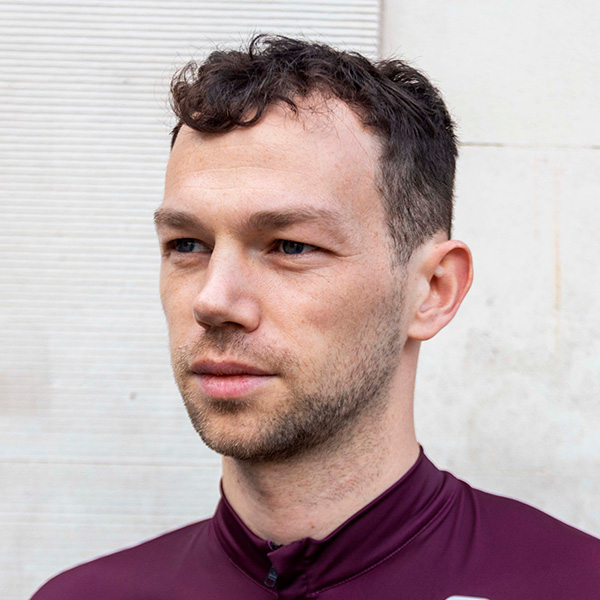Several winners of Cycling UK’s 100 Women in Cycling prize have declined their nominations following the charity’s decision to exclude trans women and non-binary people from the award.
The charity has produced a list of notable women in cycling every year since 2017. It says the winners are “making cycling more accessible and inclusive to all and shaping the future of cycling”.
But this year, Cycling UK limited its eligibility criteria so only biological women could be nominated, citing a Supreme Court ruling from earlier this year.
The ruling found that references to ‘woman’ and ‘sex’ in the Equality Act refer to biological women and biological sex.
The case was brought to the Supreme Court by gender-critical campaign group Women For Scotland, which is financially backed by JK Rowling, after two Scottish courts rejected its arguments over the 2010 Equality Act's definition of a woman being limited to people born biologically female.
Cycling UK said on its website: “We have received legal advice which says that for our awards to continue to comply with the law we have to limit who can be nominated to biological women only.”
The charity’s decision has now come under fire from nominees of the 100 Women in Cycling Award.
Last week, Megan Joy Barclay, who runs the women’s development programme at Herne Hill Velodrome, declined the award.
In the letter Barclay wrote to Cycling UK, and posted on Instagram, she said: “Thank you for the recognition, I’ve enjoyed your women’s 100 list from afar for years and am flattered to have been chosen. Unfortunately I am going to politely decline the award as a result of your trans-exclusionary policy this year.
“I know that women are incredibly underrepresented at all levels of cycling as a result of years of marginalisation, inaccurate depictions of our capabilities, and binary ideals around what sport should be and look like. We now see the same thing happening to trans and non-binary riders and it saddens me that a sport I love will make the same exclusionary mistakes again."
“I hope you will reconsider how these awards are run next year to ensure all women and non-binary people are included as we work towards better representation in cycling,” Barclay continued.
Cycling Weekly covered Barclay’s withdrawal from the award on 5 November and, since then, other nominees have turned down a place in the 100 Women in Cycling.
Sarah Ruggins, who holds the Land’s End to John O’Groats record, said in a statement on Instagram that she is declining the award due to the selection criteria.
Ruggins wrote on Instagram: “I will not accept recognition from a committee that has chosen to align with the Supreme Court’s definition of “woman” as sex at birth. This stance excludes trans women and other minorities, denying the dignity, inclusion, and opportunity they deserve.
“Sport is about belonging, not barriers. Trans women are women. Their exclusion from women’s categories and spaces sends a message that undermines the very principles of fairness, respect, and unity that sport is meant to uphold.”
The Bristol-based cycling guide and coach Claire Sharpe also declined the award because Cycling UK “didn’t mean all women”, she said in an Instagram video.
“If they don’t want to ride with all women, that’s not the kind of ride I want to be on anyway,” Sharpe added.
Athlyn Cathcart-Keays, founder of Roll Models, which empowers women and “marginalised genders to ride adventurously, independently, on their own terms”, said: “I cannot accept recognition from an organisation whose position excluded members of our community. Celebration means nothing if it comes at the expense of others’ belonging.”
The Green Party councillor Saskia Heijltjes also posted on Bluesky, saying she had asked to have her name and face removed from the awards.
The New Forest Off Road Club, which aims to grow representation in the outdoors, said that it understands from Cycling UK that the 100 Women in Cycling initiative is about “decentering the male perspective” and that to do that “we need trans voices too”.
In response to the criticism, Sarah Mitchell, chief executive at Cycling UK, said: “Cycling UK is absolutely dedicated to making cycling open and welcoming for everyone. This change to the awards doesn't alter our strong commitment to including and supporting all those who cycle, including transgender and non-binary people. We truly believe cycling is for all, and we'll keep working towards that goal.
“We also plan to review the overall format of our 100 Women in Cycling Awards ahead of the tenth anniversary next year - as there may be new and better ways to champion diversity and inclusivity in cycling."


